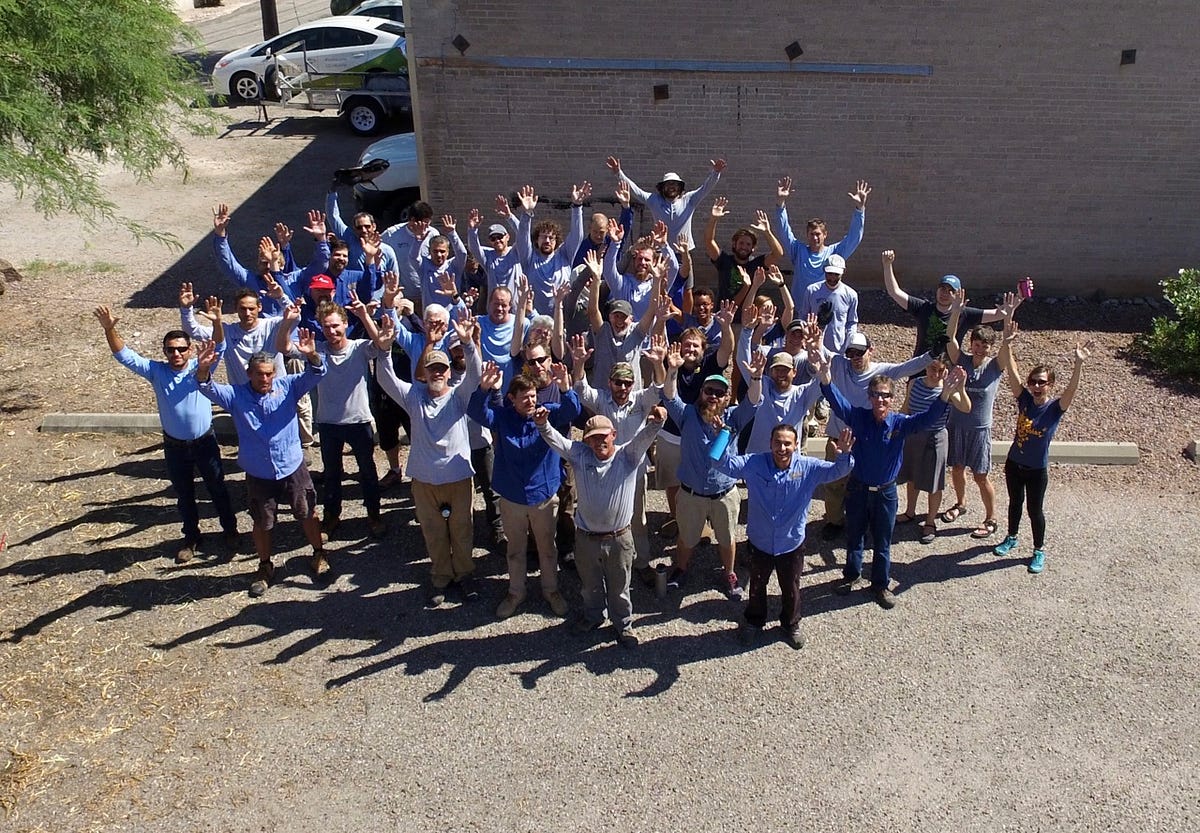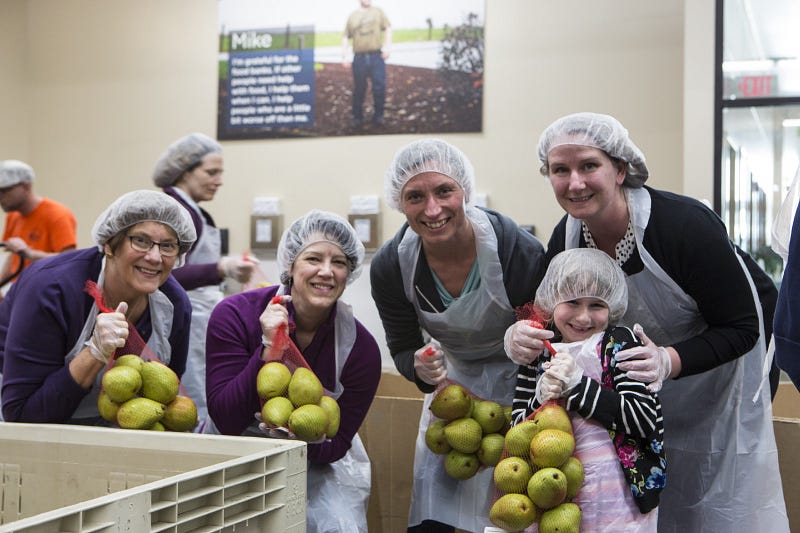Companies See Bottom-Line Benefits From Worker Ownership
by B the Change

Thinking long-term. Acting like a team player. Caring for the customers. Showing ownership mentality.
While any business would be lucky to have employees with those qualities, they’re a priority when Technicians for Sustainability (TFS) looks to hire. Inclusion and empowerment always have been part of the Tucson-based solar energy installation company’s mission, but they became official values when the company moved to employee ownership in 2017.
“We believe that employees who care deeply about what they do contribute to the profits, so they should have a share,” says Kevin Koch, who with his wife, Nicole, originally owned the company.
TFS and other Certified B Corporations that care about their employees’ well-being beyond the workday are setting the bar higher by joining the Inclusive Economy Challenge. B Lab, which administers B Corp certification, also oversees the Inclusive Economy Challenge, which allows companies to set and work toward goals related to themes including family-friendly practices, equity in the workplace, and shared ownership. In the process, they create businesses and communities that are better for everyone.
Read more about how TFS restructured its business to create a more equitable workplace.

Leaving the Hierarchy Behind
As its workforce culture and core values evolved, Northwest Permanente (NWP) decided it was time to change its corporate structure. Founded as a physician-owned and physician-led professional corporation, NWP became a B Corp in 2016 — and since then its board of directors has worked to identify gaps and opportunities among its 1,700 employees.
They’re looking to fill one of those gaps by expanding shareholdership to all clinicians. Up until now, physicians have been eligible for share ownership within three to five years; about 800 are shareholders.
The process of expanding ownership shares to more employees means the organization had to change its bylaws and articles of incorporation and create a new share class, something it has been working on for several years. NWP felt that its original physician-only ownership design wasn’t fulfilling the complete vision of the corporation.
“We on the board and as physician-owners realized that we could have a much more powerful say in where we invest our efforts as an organization, how we invest in our community, and whether we get politically engaged with local issues,” says Maxine Dexter, M.D., physician-owner and chair of the NWP board. “We’re trying to change from acting with more of an ‘employee mind’ to truly becoming engaged owners. We’re creating a pathway to ownership for more employees.”
The board created an advisory work group so non-physician employees who did not previously qualify for ownership shares or board roles could have a voice in how NWP operates.
It turns out, having the opportunity to become an owner meant a lot to these employees. “By having non-shareholder employees at the table to talk about being a B Corp and what an inclusive structure looks like, by getting more people engaged, we realized that they really cared about having the ability to vote and having a say in the organization,” Dexter says. “Their interest has helped inspire all of us to care more, and it was important to bring the ownership opportunities to others. Bringing these voices in helped us be more thoughtful and see we can definitely be stronger by bringing others in, learning from each other, and creating a system based on equality.”
Read more about NWP’s move to build its diversity, equity and inclusion.
Expanding Ownership, Spreading the Wealth
The employee-employer relationship has frayed in recent years as companies have outsourced and off-shored jobs to cut costs. Many U.S. workers (estimates range from 10 to 30 percent) are categorized as independent contract workers for hire in the “gig economy,” and unions, which once were workers’ strongest advocates, have seen their ranks and power erode.
Growing disparity of wealth and income has spawned renewed interest in worker-ownership models that are more inclusive and share wealth more broadly. These worker-ownership structures can range from simple stock-sharing programs to worker-owned and worker-governed cooperatives.
Philanthropic foundations focused on economic justice are seizing on worker co-ops as part of the answer, too.
“We talk about income and job creation, but wealth is a missing part of the conversation,” says Melissa Hoover, executive director of the Democracy at Work Institute, which provides research, education and advocacy related to worker co-ops. “It’s about broad-based ownership and the reintroduction of values that center on something other than profit.”
Against this backdrop, many entrepreneurs and business operators are thinking hard about questions of ownership, fairness and wealth creation.
Learn more about the ways employees can own a stake in their business.
Technicians for Sustainability and Northwest Permanente are part of the community of Certified B Corporations. Read more stories of people using business as a force for good inB the Change, or sign up to receive the B the Change Weekly newsletter for more stories like the one above, delivered straight to your inbox.
